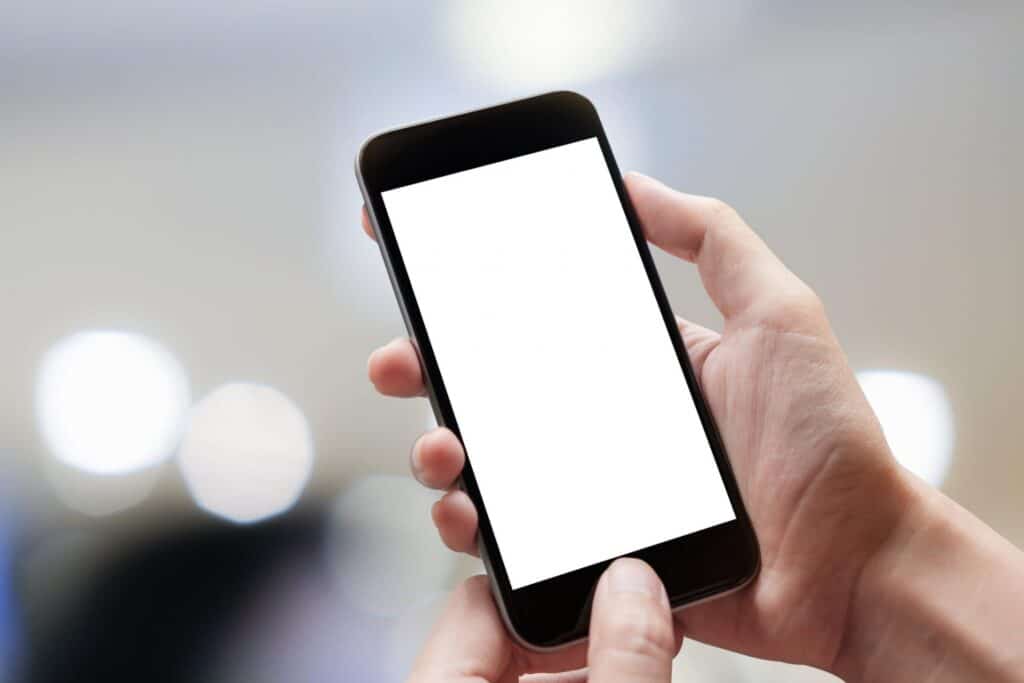On December 2, 2015, two armed assailants attacked a holiday party at the San Bernadino County Department of Health, in southern California. They killed 14 and seriously wounded 22 others before being killed in a shootout with police. President Obama called the attack an act of terrorism, and various governmental agencies started to investigate the two attackers, Syed Rizwan Farook and his wife, Tashfeen Malik.
For awhile, these investigations were at the level of national security investigations that don’t impact the everyday lives of U.S. citizens. But then the Federal Bureau of Investigation (FBI) demanded that Apple give it access to Farook’s iPhone, and things got a lot more real for a lot more people.
The Issue With Smartphone Encryption
Smartphone encryption has been a simmering debate for years. Phone makers have been beefing up their encryption measures to please their customers ever since Edward Snowden brought government surveillance tactics to light in 2013. This has bothered law enforcement, which often relies on quickly extracting information from phones seized in investigations. They claimed that these encryption measures were making their job more difficult.
FBI Wants Apple to Help Break Into Farook’s iPhone
Now, the FBI wants to get inside Farook’s iPhone. The easiest way is to connect it to another computer, and then enter every possible password for the phone. Farook’s iPhone, however, has two encryption devices that make this difficult: After several wrong password entries, the first prevents additional guesses for up to an hour. The second, if Farook had enabled it, would wipe the information from the phone after a set number of wrong guesses.
To get around these obstacles, the FBI is trying to get a court order that would force Apple to write new software, specifically for Farook’s phone, that would disable these two encryption devices, and then auto-update Farook’s iPhone with this new software.
Breaking Into iPhone Would Expand Law Enforcement’s Powers
Law enforcement, including the FBI, has long used third parties to spy on criminal suspects. Getting banks, telephone companies, and landlords to turn over information is nothing new and no longer controversial, so long as the police get a warrant and don’t try and cast too wide a net, which would lead to collecting irrelevant information during their search.
However, getting a court order to force a company to break into the product the suspect purchased from them is new. Instead of just turning over the information the police are searching for, now the third party is actually doing the search, a pretty scary development.
Law Enforcement Setting a Precedent For Routine Investigations
The reason the FBI’s request isn’t being flatly denied is because the suspect is not only wanted for terrorism, but is also dead. The type of heinous acts that Farook and his wife committed are unmatched in America, and they no longer personally have any interest in their privacy being intruded upon.
It’s the perfect circumstance for police to stretch the long arm of the law just a little bit further. If they do convince a court to compel Apple to break into Farook’s cell phone, you can count on them bringing cases of less and less importance in the future, asking the court to compel a company to do the searching for them, and then arguing, “We did this for Farook’s phone, so we should do it for this guy, too.”
The precedent that this case could set in criminal defense law would be staggering. Defense attorney William T. Bly is closely watching the developments, as they occur.


